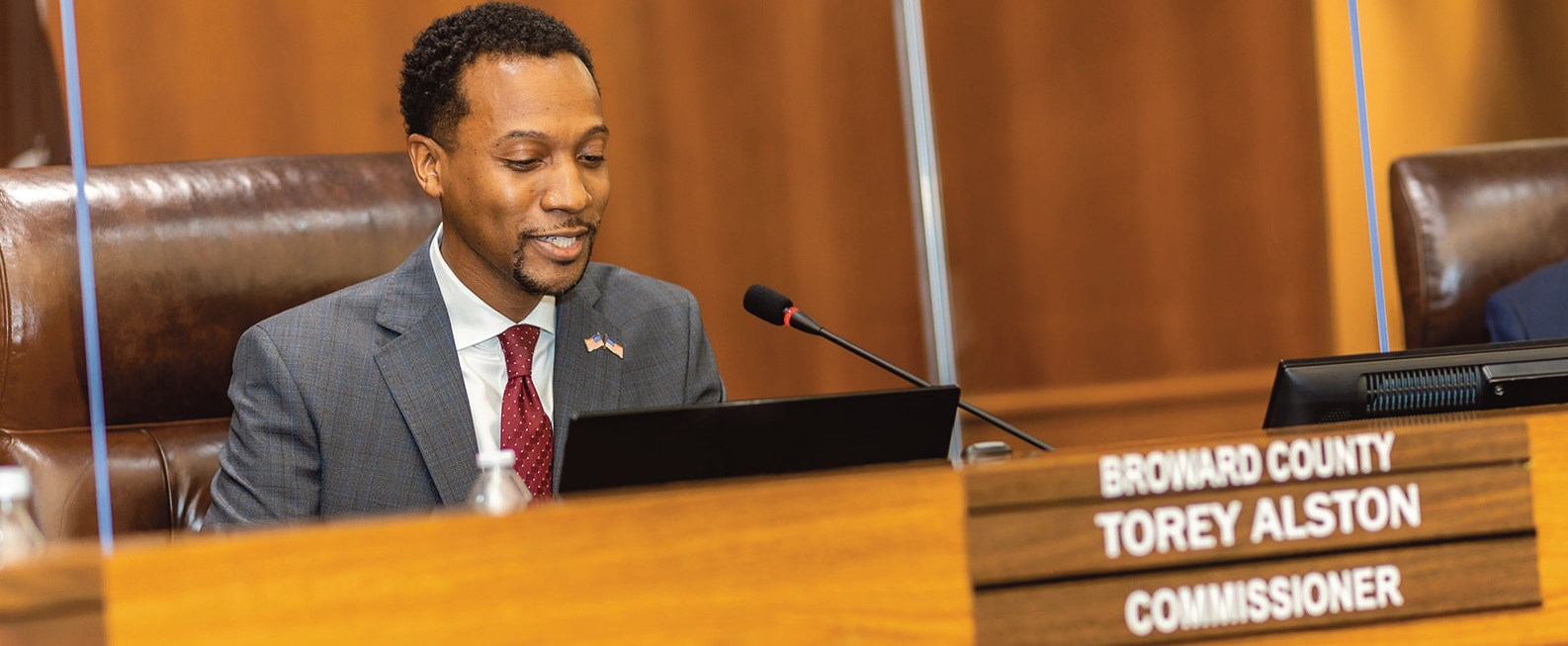By MELINDA DESLATTE
Associated Press
BATON ROUGE, La. (AP) _ Public colleges escaped deep cuts for a second straight budget year, with some campuses even getting a little boost to their state financing from lawmakers.
That doesn’t mean students won’t be paying more this fall.
Every campus is charging higher tuition or fees for new and returning students next month, as schools continue to try to dig out from deep state financing reductions that Gov. Bobby Jindal and lawmakers have enacted since 2008.
The increases continue to shift more costs to students and away from the state.
Tuition and fee increases range from less than 2 percent at LSU-Alexandria and Nicholls State University to more than 14 percent at McNeese State University and 20 percent at the University of Louisiana at Lafayette, according to data provided to the Board of Regents.
Higher education leaders say they’re sensitive to concerns about pricing students out of college _ but need the increased revenue to offer a quality education. They regularly note that most of Louisiana’s campuses charge students less than comparable schools in other states.
“We cannot increase our graduates if students can’t afford to pay the bill and they can’t come. It matters to us that students are not priced out of the education,” said University of Louisiana System President Sandra Woodley.
But she added that campuses “also need enough money for the courses, the faculty, the wraparound services, so that students can be successful.”
To illustrate the difficulties colleges face, Woodley pointed to data that show state financing for her nine campuses has dropped by 55 percent since 2008. The system’s schools have raised tuition and fees a hefty 61 percent during that same time period _ and the campuses still have $90 million less than they did before the cuts began, she said.
Charges on students have been going up nationally as states have reduced their support for higher education during the recession. But Louisiana slashed more deeply than most other states. The state has stripped $700 million in state financing from campuses since 2008.
LSU says that when the recession began, its campuses received 74 percent of their financing from the state while student tuition and fees provided about 26 percent. Before the most recent tuition and fee hikes, the picture had shifted, with the LSU System getting 41 percent of its funding from the state and 59 percent from student tuition and fees.
The numbers are even more dramatic at the UL System. Woodley said state funding made up 62 percent of the system’s financing in the 2008-09 school year. By the 2014-15 year that just ended, that had dropped to 31 percent.
Higher education leaders have described increased class sizes, difficulty recruiting faculty and thousands of eliminated jobs as they weathered budget cuts, even as Louisiana is short of the thousands of trained workers needed for announced state economic development projects.
After they cheered the status quo funding they received from lawmakers, higher education officials pushed up costs on students, suggesting students would rather pay more than lose classes and services.
Students attending Southern University at New Orleans will spend $589 more in the two semesters of the 2015-16 school year on tuition and fees than they did a year earlier. LSU will charge full-time undergraduate students about $959 more over the fall and spring semesters than last year. A full-time UL-Lafayette student will be asked to pay $1,384 more over the upcoming school year.
Tuition and fee hikes are hitting students at Louisiana’s two-year community colleges as well, a nearly $178 per semester (or $356 for the school year) increase across most campuses. Technical colleges are charging more, too.
Campuses steered some of the new money that will be raised by the increased costs for students to needs-based financial aid to help those who will struggle with the higher price tag of an education. The state’s free TOPS college tuition program will cover some, though not all, of the boosted costs for students who receive its awards.
But no matter where students attend college, their charges are going up, and many of them can expect more price hikes before they graduate.













No Comment